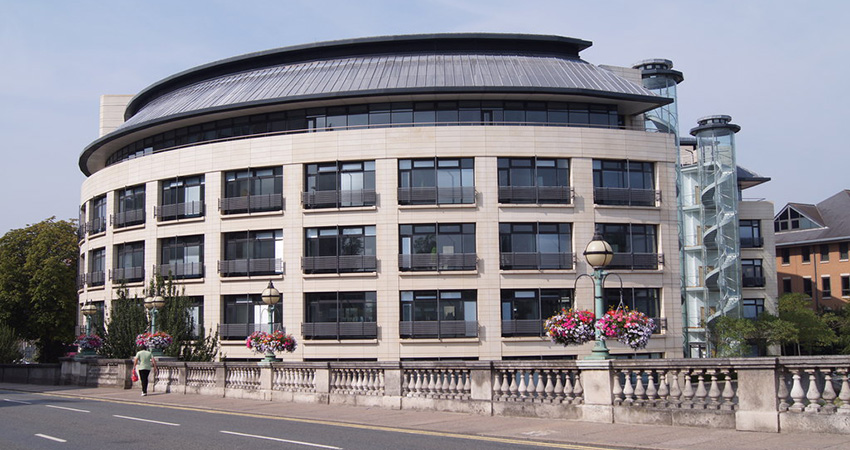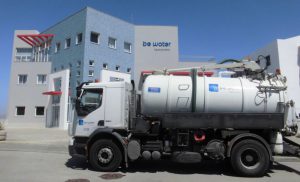UK: Private water companies awash with debt as dividends go to shareholders

-
 Fergal MacErlean
Fergal MacErlean
Share article:
After decades of underinvestment the water industry in England and Wales was privatised more than thirty years ago but, increasingly, critics say the companies are putting shareholders before investment. Despite massive payouts the companies are heavily in debt at a time of rising interest rates. The English companies’ net debt was £ 56.2 billion last year as regulator Ofwat warned about concerns of the financial resilience of the sector.
Since privatisation, in 1989, some £ 50 billion has been paid out in dividends. In a speech to the industry in 2018 Conservative MP Michael Gove, then environment secretary, took aim at the sector for failing to invest. “In cash terms, over £ 18.1 billion was paid out to shareholders of the nine large English regional water and sewerage companies between 2007 and 2016. Of course, generous dividends can be justified if they’ve been generated by the lean and efficient running of an operation — and have been paid out after appropriate capital investment. But the £ 18.1 billion paid out in dividends was actually almost all of the profit made by water companies after tax. The total profit was £ 18.8 billion over the same period,” Gove said.
Lack of investments
This summer, in England, as water restrictions struck it emerged that dividend payments by water companies to parent entities totalled £ 1.1 billion – an increase of more than 18 per cent on the previous year. Water UK, which represents the industry, said that dividends in the past two years had averaged three per cent and were within regulator Ofwat’s expectations, The Times reported. A Water UK spokesperson told Water News Europe: “Water companies have invested more than £ 160 billion over the last 30 years into the industry previously starved of cash, while improving company efficiency by over 70 per cent. That efficiency means costs are lower, allowing bills to remain around the same for over a decade in real terms, while still allowing new investment in resilience projects and reduced leakage.”
Failing performance
On non-revenue water leakage, Ofwat says the UK performed better than many other European countries with losses of around 20 per cent for the most recent EurEau-complied data, contrasting with 60 per cent for Bulgaria and more than 50 per cent for Ireland. But the regulator recently fined a dozen water supply companies almost £ 150 million after Ofwat ruled the companies had missed targets and polluted rivers. David Black, Ofwat chief executive, said: “Too many water companies are failing to deliver for their customers. The poorest performers, Thames Water and Southern Water, are consistently falling beneath our expectations and those of their customers. They need to take immediate action to improve their performance and rebuild trust with the people they serve. We will continue to hold companies to account for their performance and we will make sure that they raise their game.”
Privatisation
Water supply remains public in Scotland and Northern Ireland while, across Europe, private companies have varying roles. For example, water supply in the Netherlands is publicly owned and operated by privately run companies. But consumer dissatisfaction with private water suppliers in Paris and Stuttgart led to both cities restoring the supply to a public operator in 2010. And, in Austria, a law was passed to forbid the privatisation of water provision in 2019.















